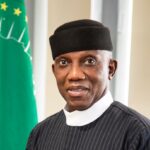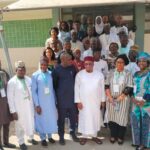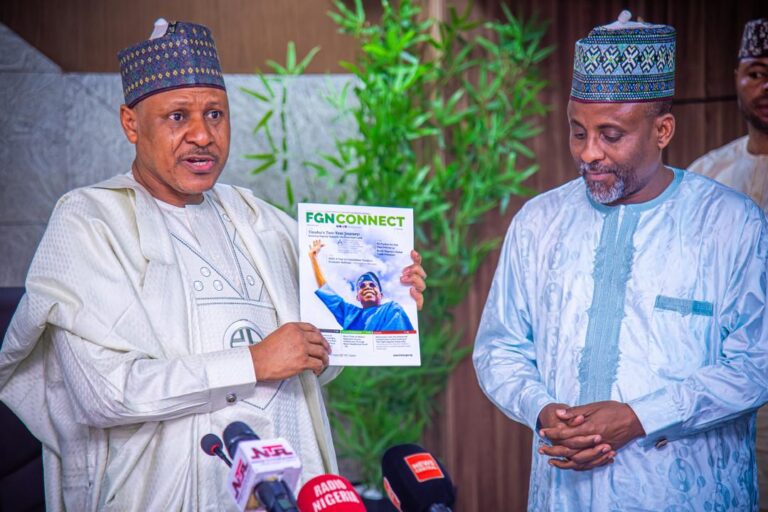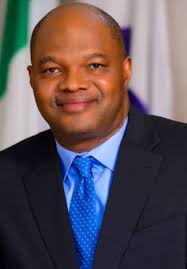ITF trained 29,000 youths in various skills in 2024, says D-G.
By Blessing Odega The Industrial Training Fund (ITF), through its various skills intervention programmes, has trained and empowered more than 29,000 Nigerians in various skills in 2024. Its Director-General (D-G), Dr Afiz Ogun, made the disclosure on Saturday in Jos, during the fund’s 2024 Performance Review Meeting and Merit Award Ceremony.Continue Reading





















